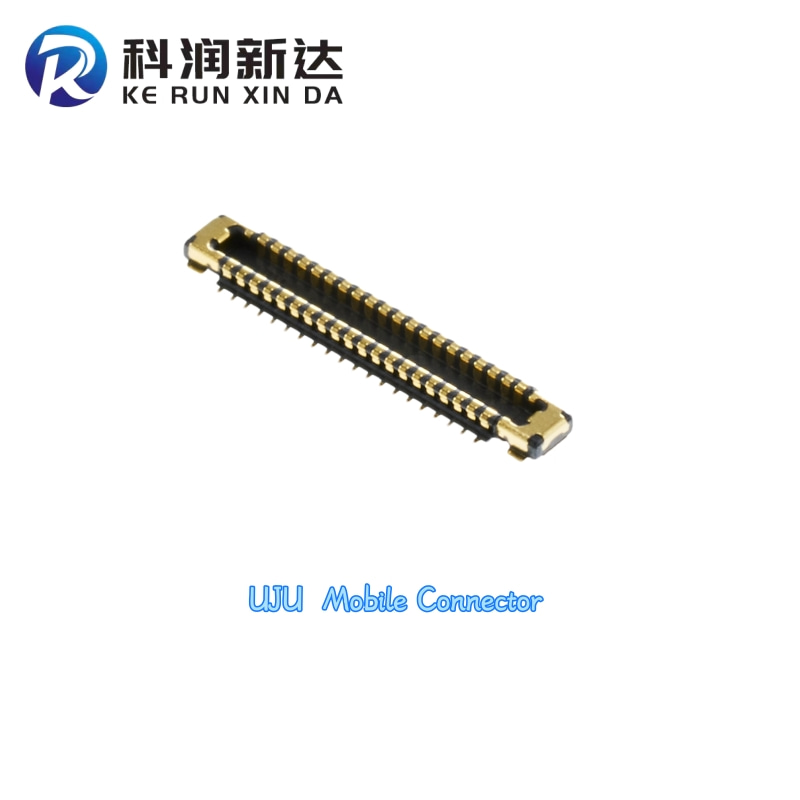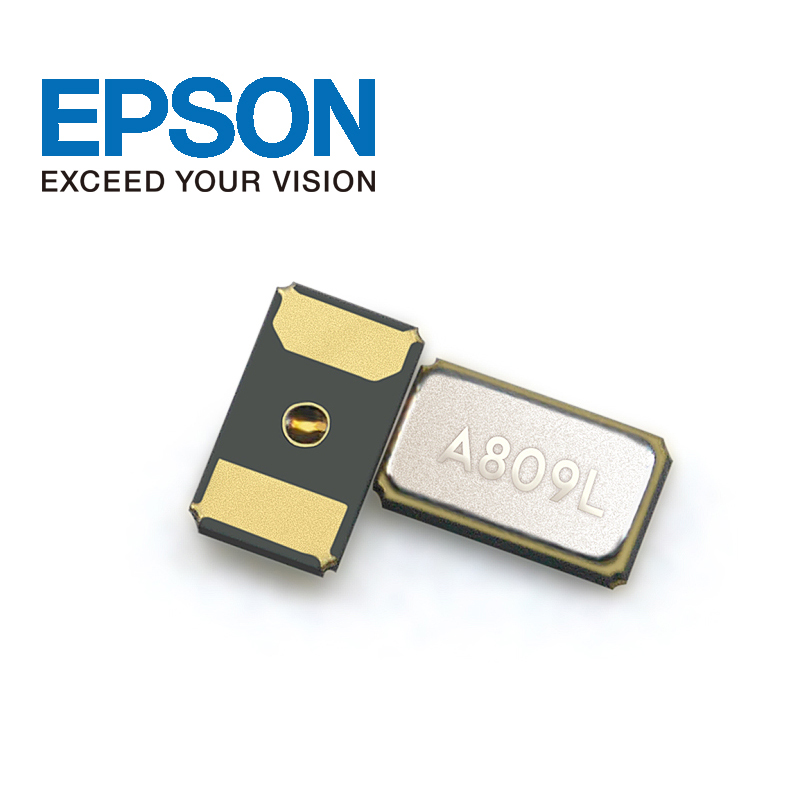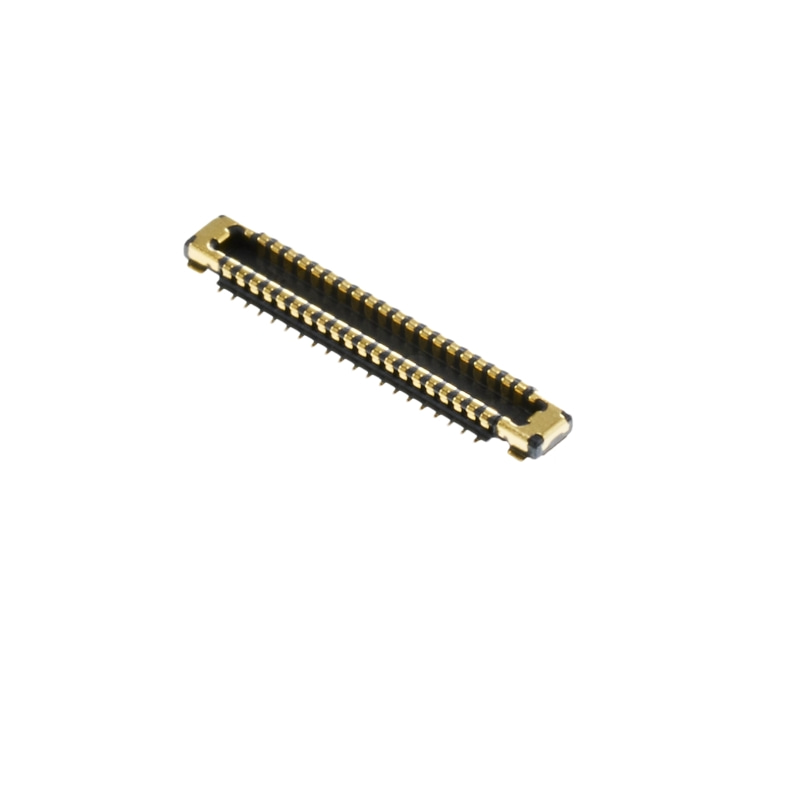Terminal connectors - terminals for electrical connections
Terminal connectors are key components in electrical systems used to make connections between cables or wires. They are widely used in industrial automation, automotive, telecoms and household appliances. The design and manufacture of terminal connectors requires consideration of terminology such as contact resistance, terminal material, terminal type, insulation material, and terminal holding power.
Globally recognised terminal connector brands such as TE Connectivity, Molex, Hirose, JST and Amphenol offer a wide range of terminal connector solutions.
TE Connectivity's terminal connectors are known for their extensive product line and high performance. They are available from simple single terminals to complex terminal arrays for different current and voltage ratings.TE Connectivity's terminal connector designs focus on minimising contact resistance to improve electrical transmission efficiency.
Molex's terminal connectors are favoured by the market for their compact and high-density design.Molex's products incorporate innovative terminal materials and surface treatments to improve corrosion resistance and retention, ensuring long-term electrical connection stability.
MOLEX Series Board-to-wire Connector Series, Terminal Connectors
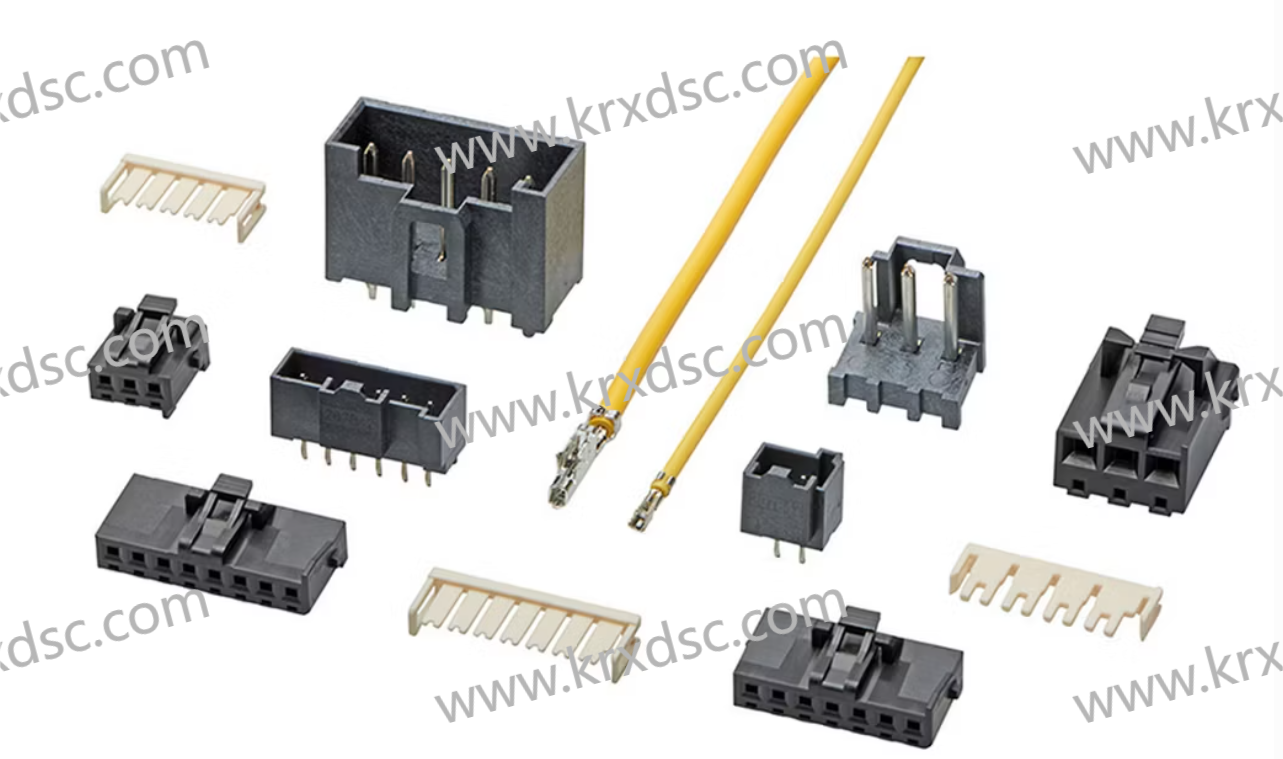
Hirose's terminal connectors are recognised for their performance in high-frequency signal transmission.Hirose's terminals are designed with signal integrity and impedance matching in mind, and are suitable for high-speed data communications and RF applications.
JST's terminal connectors are recognised for their use in small electronic devices.JST's products incorporate precision manufacturing processes to achieve miniaturised and highly reliable terminal connections.
Amphenol's terminal connectors, on the other hand, are recognised for their durability in extreme environmental conditions.Amphenol's products incorporate special insulation materials and sealing technology to ensure electrical safety in high temperature, high pressure and chemically corrosive environments.
In terminal connector terminology, ‘contact resistance’ is a key measure of a terminal connector's electrical performance, affecting the efficiency of current transfer. ‘Terminal material’ determines the conductivity and corrosion resistance of the terminal, common materials include copper alloy, gold and silver, etc..
‘ Terminal type’ has different classifications according to its shape and function, such as fork terminals, pin terminals and sheet terminals. ‘Insulating materials’ are used to protect the terminals from environmental influences and to prevent accidental short-circuiting. Common insulating materials include PVC, nylon and TEFLON.
‘Terminal retention’ refers to the ability of the terminal to hold on when connecting cables or wires. Insufficient retention may result in unstable connections or disconnections.
Through these cases of well-known brands, we can see the high standard of terminal connectors in design, material selection, performance testing and environmental adaptability.
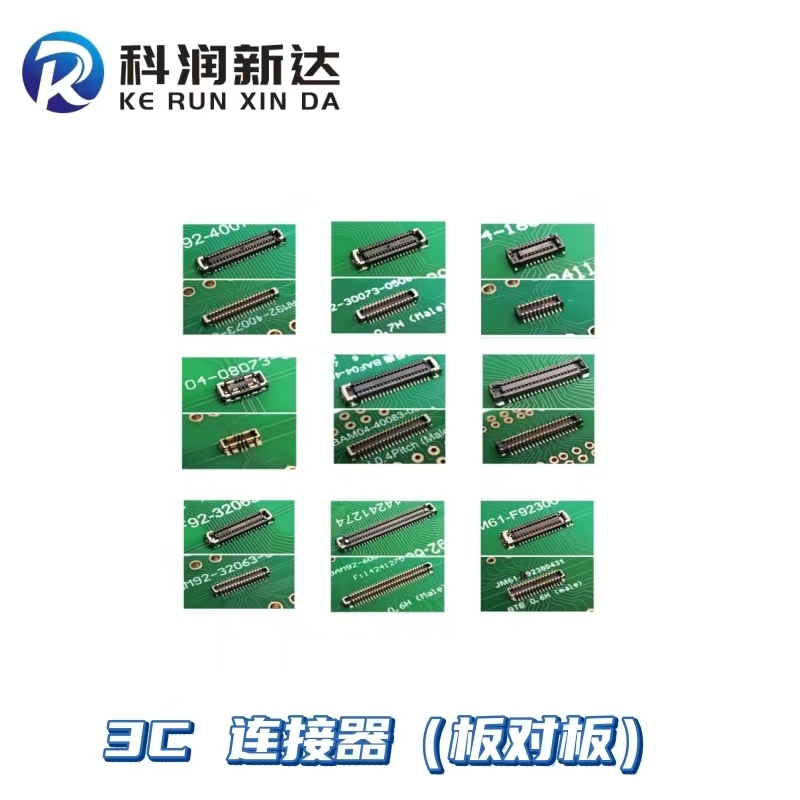 LCN (LCN Electronics)Board-to-
LCN (LCN Electronics)Board-to-


